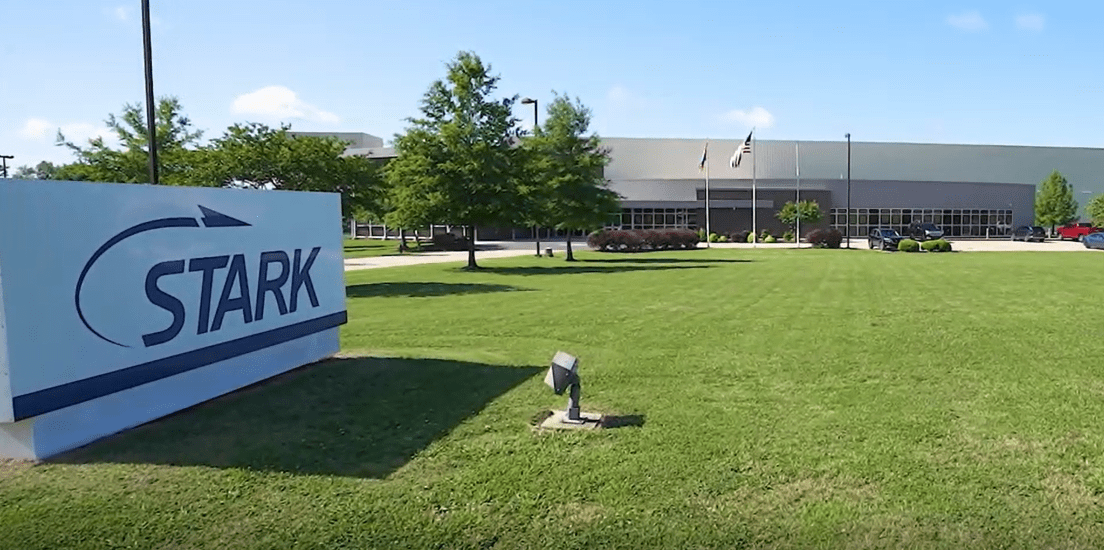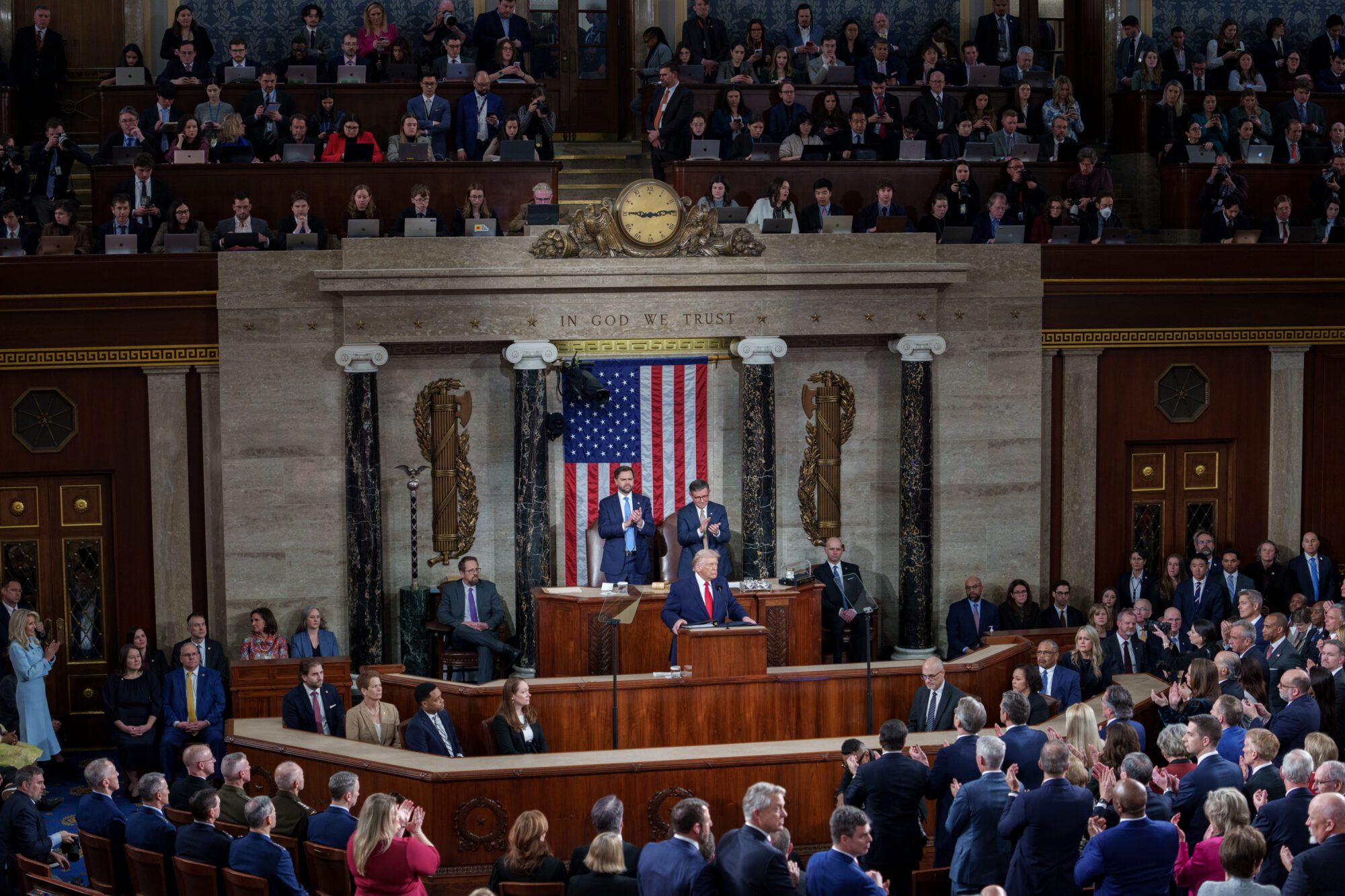
State Representative Jill Ford and State Senator Bart Williams
- This article is the fourth in a series about AI in Mississippi, delving into how lawmakers plan to tackle AI legislation, and dream legislation MAIN would like to see, and other options.
Since Mississippi is at ground zero with artificial intelligence (AI) legislation, along with 19 other states, what do lawmakers do first?
“Our first responsibility is public safety, and we need to make sure we’re putting on guardrails, especially for minors, though we don’t want to be too restrictive as this technology develops,” said Sen. Bart Williams (R-Starkville), chair of the Senate Technology Committee. “We definitely need to look at deepfakes.”
Williams coordinated two days of technology hearings last month, loaded with eight AI experts representing private and public stakeholders, to better educate the 18 members of the Senate and House Technology Committees.
There was encouragement for legislative bodies to establish governance structures, incentivize AI development, and allocate funding, with an emphasis on partnerships with private industry and workforce training. There was discussion on the need for legislative guidance on data quality requirements and plans, and on the challenges of legislating AI, particularly the fear of unintended consequences that could outlaw beneficial practices. An emphasis was placed on agile and flexible legislation.
“For the most part, we really aren’t sure how to approach AI legislation yet,” said Williams, agreeing that Mississippi needs to have an AI governance model in place. “I’ve probably been four or five different places out of state, and I’ve got three or four more to go before we head back into session.”
Data privacy and intellectual property protection, like Tennessee has done with AI legislation protecting artists, are also important points, said Williams, who is already having conversations with state leadership about an AI task force.
“We did the Cyber Board of Directors,” he said. “We codified it this last session, and Chair Ford and I have been intimately involved in working with that board to make sure they understand the legislative intent, and I think they knocked it out of the park.”
For 2025, creating frameworks that ensure AI is developed and used responsibly will be a top priority, said Rep. Jill Ford (R-Madison), chair of the House Technology Committee.
“This could involve legislation around privacy protections, particularly in areas like law enforcement and education, to make sure that AI is not being misused,” she said. “We’re also looking into job retraining programs to help workers adapt to the changes AI will bring to many industries.”
Will AI legislation be tackled in one comprehensive bill? Or in different bills addressing various issues?
“If it were up to me, understanding this would be a group effort, and we need to have a healthy discussion, I’d have separate bills,” said Williams. “Sometimes, in an omnibus bill, if you’ve got 10 topics in there, you may want to go over two or three of them that are worthy of more discussion and research.”
Ford is considering a mix of comprehensive and smaller, targeted bills.
“A comprehensive bill could establish broad regulations for the responsible use of AI, while smaller bills could address specific sectors like healthcare, law enforcement, or education,” she explained. “Starting with foundational legislation that can grow as technology develops seems like a prudent path.”
How will Mississippi fund AI initiatives/legislative mandates?
“Funding is always a challenge, but we’re exploring federal grants and partnerships with the private sector,” said Ford. “By partnering with universities, tech companies, and even neighboring states, we can find innovative ways to fund and implement AI measures without putting too much strain on Mississippi’s budget.”
There’s another way to tackle AI legislation: Let ChatGPT do it by plugging into it drafting a bill that will do x, y and z, or uploading a bill, having it do market research for an opinion on how it will be received, comparing the bill to other bills and laws in other states, providing pros and cons of the bill, and spit out a summary. It can all be done within 30 seconds.
Dr. Kollin Napier, director of the Mississippi Artificial Network (MAIN), explained his take on the ideal AI legislation, or legislative game plan, for Mississippi:
“The ideal AI legislation for Mississippi should thoughtfully balance the advancement of technological innovation with the protection of individual rights and societal interests,” he said. “Central to this legislative approach is an emphasis on awareness, education, and training in AI. By understanding what AI can and cannot do—its capabilities, limitations, and accuracy—Mississippi can harness its benefits while effectively addressing potential risks and concerns.
“MAIN plays a pivotal role in this endeavor and serves as the primary driver of these solutions. As the nation’s first statewide AI initiative, MAIN has established strategic partnerships with all 15 community colleges, public and private universities, state agencies, local governments, business and industry, K-12 institutions, and more. Supported by global industry leaders like Dell Technologies and Intel Corporation, MAIN positions Mississippi as a leader in AI education, training, and awareness.
“AccelerateMS funds MAIN, and several state agencies are partnered on the initiative: Mississippi Association of Community Colleges (MACC), Mississippi Community College Board (MCCB), and Mississippi Manufacturing Association (MMA). MAIN provides legislators with valuable resources, enabling them to craft legislation that empowers the workforce without hindering research and innovation while mitigating risks.
“Building on MAIN’s momentum, the state should integrate these efforts into a comprehensive legislative framework that includes establishing clear definitions and regulations for AI. This framework would set boundaries for ethical and responsible use in critical sectors like healthcare, education, and law enforcement. Promoting innovation and economic growth through incentives such as tax credits or grants would encourage investment in AI research and development, making Mississippi a hub for AI innovation while attracting talent and investment.
“Ensuring data privacy and security with robust laws governing the collection, storage, and processing of personal data in AI systems is essential. This approach balances individual privacy rights with the beneficial use of data. Implementing ethical standards and accountability mechanisms to prevent biases, discrimination, and other harmful outcomes in AI applications is also crucial. Establishing clear accountability measures would hold entities responsible for their AI systems’ consequences, promoting trust and reliability in AI technologies. Mandating transparency and explainability in AI systems, especially those used in critical decision-making, fosters trust and informed consent among the public.
“Investing in workforce development and education remains vital. By expanding the education and training provided by MAIN, Mississippi can continually prepare its workforce for AI-related jobs and stay at the forefront of AI advancements. Engaging the public and stakeholders by collaborating with industry experts, academia, civil society, and leveraging MAIN’s networks enhances the legislation’s effectiveness and fairness. Finally, aligning state legislation with federal and international standards ensures compatibility with broader legal frameworks, facilitating interstate commerce and global competitiveness.
“By incorporating these elements and building upon the educational and leadership efforts of MAIN, Mississippi can create a legislative environment that not only fosters technological advancement but also safeguards the rights and well-being of its citizens. This comprehensive approach ensures the state is well-prepared to embrace the opportunities presented by AI while effectively managing its challenges, with MAIN serving as the primary driver of these solutions.”
Coming up is an AI technology hearing tentatively set for Dec. 10 at the Capitol about spinoff companies resulting from the AWS data centers being built in Madison County.
“We want to be out in front of trying to attract businesses that come as a result of AWS,” said Williams, adding that “shortly after the session happens, maybe in the middle of January, we’ll have another day or half day of AI hearings. A lot will happen between now and then. AI is here to stay, and we need to understand how to embrace it, how to create policy around it, how to protect our people against it.”











